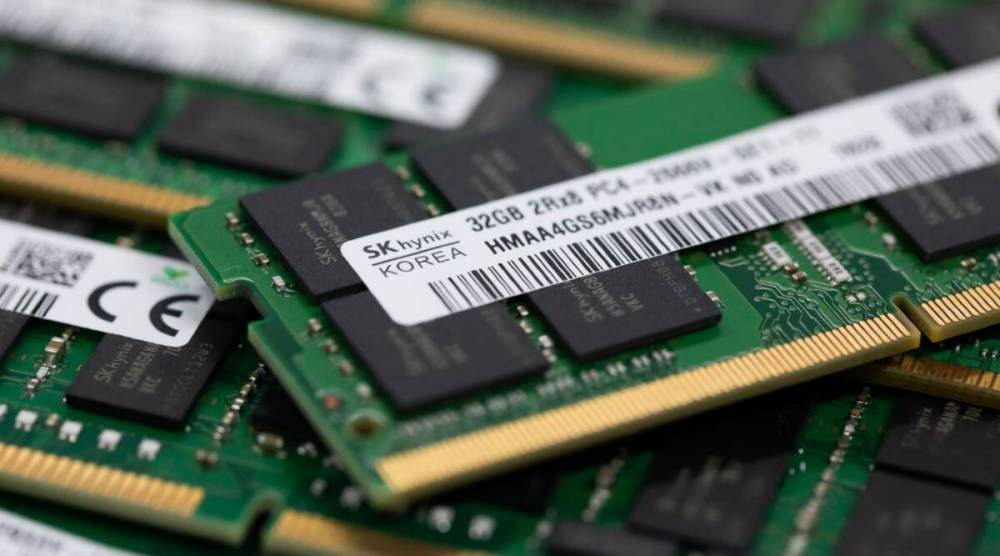
Chips Are In Short Supply
Manufacturers are spending big to prevent a repeat
As the world struggles with a semiconductor shortage, South Korea's chipmakers are investing heavily to boost production in the decade ahead.
Samsung (SSNLF) and SK Hynix announced plans on Thursday, May 13 to significantly increase their investments in semiconductors through 2030, allocating tens of billions of dollars to the sector.
Samsung announced plans to invest another 38 trillion Korean won ($34 billion) in manufacturing logic chips, the brains of computers. This brings the company's total investment in the business to 171 trillion won ($151 billion) over the period, including 2019 commitments.
In addition, the chipmaker announced the start of construction on a new production line in Pyeongtaek, one of the world's largest semiconductor manufacturing hubs, which it expects to complete in 2022.
Meanwhile, SK Hynix announced its own expansion plans, stating that it is considering doubling its foundry capacity.
The announcement on Thursday at a government event by co-CEO and Vice Chairman Park Jung-ho "demonstrated the company's strong commitment to stabilizing global semiconductor supply amid the global chip shortage," the company said in a statement. It declined to confirm the precise amount of money it is investing, stating that "there is no detailed investment plan in place at the moment."
Although the two South Korean companies are world leaders in memory chip manufacturing, the government has been pressuring manufacturers to invest in developing more advanced chips. Samsung's stated goal is to become the "world leader in logic chips" by 2030.
Implication of the Expansion
"Expanding the company's foundry business will help fuel the development of entire new industries based on next-generation technologies such as artificial intelligence, 5G, and autonomous driving," the company added.
These investments come at a time when global chipmakers are racing to increase chip fabrication capacity in order to meet strong demand and avert a global chip shortage that has harmed industries ranging from automotive to video games. Numerous factors contribute to the crunch, ranging from the coronavirus pandemic to US government sanctions against Chinese technology firms and extreme weather.
Other significant semiconductor companies are also heavily invested in the sector. Taiwan Semiconductor Manufacturing Company (TSM), the world's largest contract chipmaker, announced plans in April to invest $100 billion over the next three years in advanced chips to keep up with rising demand. Just a week before, Intel (INTC) announced a plan to invest $20 billion in two new chip manufacturing facilities in the United States.
Courses and Certification
Signals and Systems Course and Certificate
Operating System Course and Certificate
SQL Database Course and Certificate
Business Analytics Course and Certificate
Business Intelligence Course and Certificate

